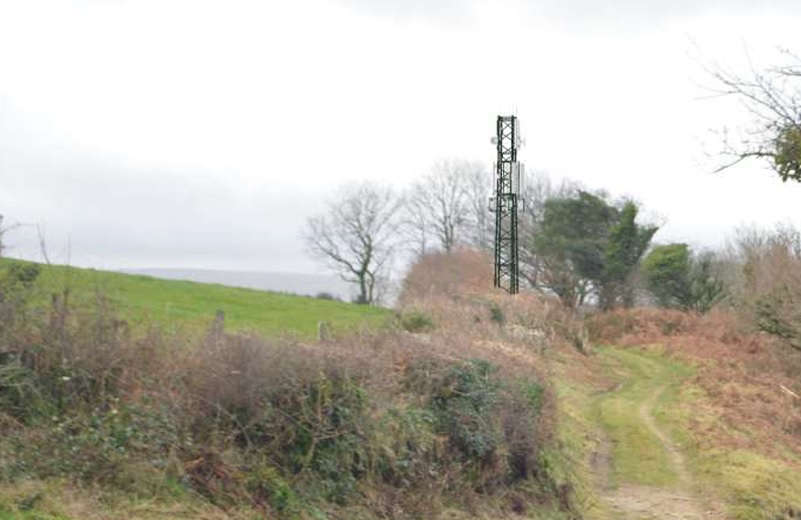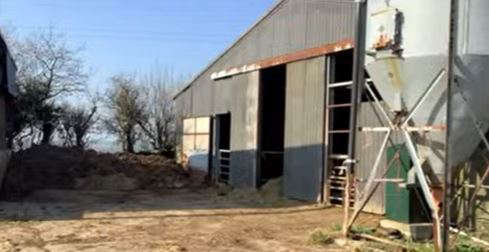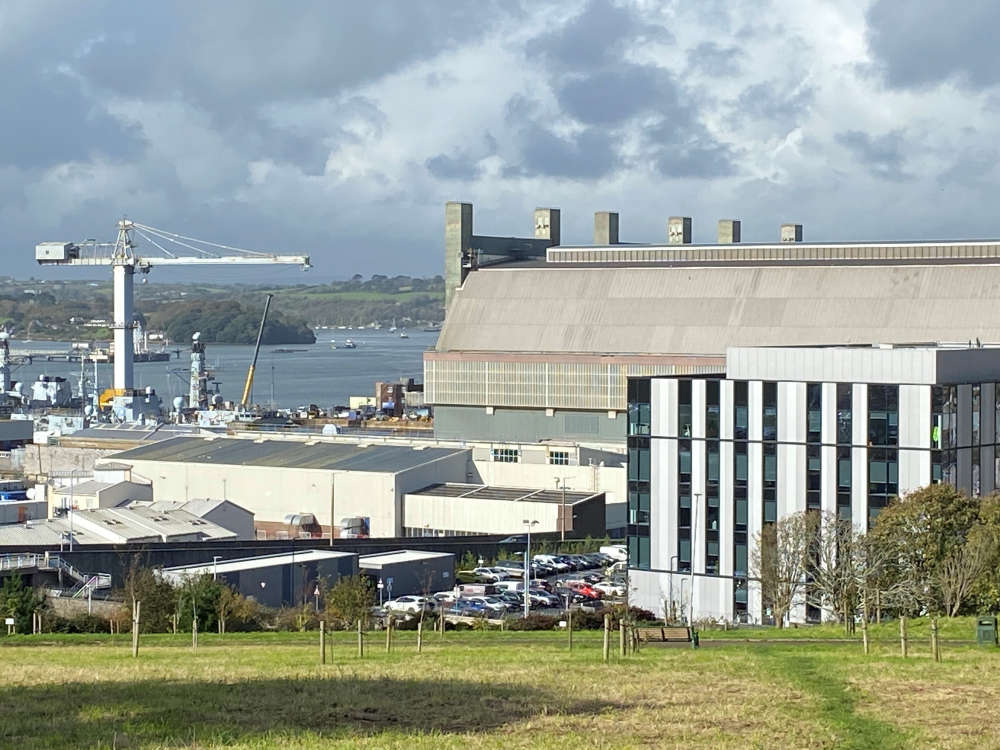
But answering 111 calls is still a "challenge"
Written by Tim Golby, Head of Adult Commissioning and Health for Devon County Council, and Sonja Manton, Director of Strategy for the NEW Devon and South Devon and Torbay CCGs, the report says that performance against the key A&E 4-hour waiting times target improved from November to December and that ambulance response times for calls where there’s a life-threatening condition remained within the seven minute target in November, a considerable improvement from 2017/18.
But it adds that that call answering performance for 111 and hours lost to ambulance handover continues to be an issue, which is likely to worsen over the winter.
Headline figures from the report are:
- SWAST ambulance incident numbers have increased marginally in 2018/19 (0.7 per cent)
- The majority of the growth was during the summer months, with September and October incident levels below the numbers in equivalent months in 2017 and November seeing a small 0.4 per cent increase on November 2017.
- There has been an increase of 17 per cent in the number of calls received by 111 for the period April to November 2018 compared to the same period in 2017.
- Calls averaged between 28-35,000 per month, an increase on volumes seen over winter 2017, which averaged between 25-32,000 per month.
- Overall attendances at A&E (including minor injury units) for the eight months to November 2018 are up by 19,100 or 6.3 per cent on the same period in 2017.
- All Trusts except for the Northern Devon Healthcare Trust have seen an increase in the overall numbers attending A&E. However, Minor Injury Units (MIUs) have seen higher growth this financial year, with an increase of around 10 per cent across Devon.
- A&E performance across all acute Trusts continues to be below the 4-hour wait standard of 95 per cent and slightly under the national level. The England position for comparison was 87.6 per cent
- The total number of emergency admissions to the four acute hospitals in Devon between April and November 2018 was 3,500 patients or four per cent greater than between April and November 2017
- The most significant increase was in Plymouth where gaps in primary care remain a challenge
- There has been an increased acuity of patients attending A&E across the system, particularly those arriving by ambulance
- So far this winter there have been no significant outbreaks of influenza or norovirus
- The severity of the winter and higher prevalence of related infectious diseases such as influenza results in increased mortality of the frail elderly, in particular those living in residential care
- The number of unallocated packages of care due to access or capacity problems in the market has increased significantly when compared to November 2017 from 85 to 190 people.
- Seven-day services have been highlighted locally, and elsewhere, as having a significant impact on avoiding prolonged periods of escalation and surge following weekends/bank holidays.
- High attendances at hospital and admissions, alongside lower discharges and staffing shortages, combined to make for a difficult situation on many days
- The nursing home sector continues to challenge with de-registration an issue, and workforce challenges for nursing staff a key factor
- In Devon, it is estimated that 40 per cent of registered nurses in nursing homes are non-British, half of these are EU nationals which could present issues related to Brexit.
- Workforce challenges persist with most providers struggling to ensure sufficient numbers of staff were available to meet predicted or actual demand.
- Shift fill in the 111 service (call advisors and clinicians) is likely to become an issue over winter, whilst some A&E units and the Devon out-of-hours service have also found staffing challenging.
- Ongoing capacity gaps in general practice, particularly in Western Devon but also in South Devon, remain an issue.
- Pressure on Emergency Departments impacts on the ambulance service resulting in a rise in the number of hours lost to hospital handover.
It adds: “The Devon winter plan has been reviewed by NHS England (NHSE) and initial feedback has been received by the Clinical Commissioning Group (CCG). Key areas within the plan include improving patient flow, maximising capacity across the health and care system and preventing avoidable delays that may reduce the quality of care.
“Maximising capacity across the whole system is an integral component of the winter plan and has included increasing the take up of influenza vaccinations amongst front line staff and targeted recruitment of health and care workers through the Proud to Care campaign.
“At this relatively early stage of winter the activity and performance data does not suggest significant pressure on services, but more people with non-emergency conditions are calling 111, with those calling 999 generally doing so for more serious conditions. The Devon 111 service continued to experience difficulties with call answering performance, which is likely to worsen over the winter.”
Councillors on the committee will get the chance to question NHS chiefs in relation to the report at the meeting a week today (Thursday 24th January).
The NHS information in the report relates to NHS providers and
therefore covers the population they serve wherever they live:
University Hospitals Plymouth NHS Trust (UHP)
Royal Devon and Exeter NHS Foundation Trust (RD&E)
Northern Devon Healthcare NHS Trust (NDHT)
Torbay and South Devon NHS Foundation Trust (T&SD)
South West Ambulance NHS Foundation Trust (SWAST)
Devon Partnership Trust (DPT)
 Dartmoor phone mast gets the go-ahead
Dartmoor phone mast gets the go-ahead
 Livestock processing plant refused at Shebbear
Livestock processing plant refused at Shebbear
 Devoncast - New lives for two Devon landmarks and the mysteries of AI
Devoncast - New lives for two Devon landmarks and the mysteries of AI
 Two Devon warships could be sold to Brazil
Two Devon warships could be sold to Brazil
 Devon police dog honoured
Devon police dog honoured
 Schizophrenic knifeman given indefinite hospital order
Schizophrenic knifeman given indefinite hospital order
